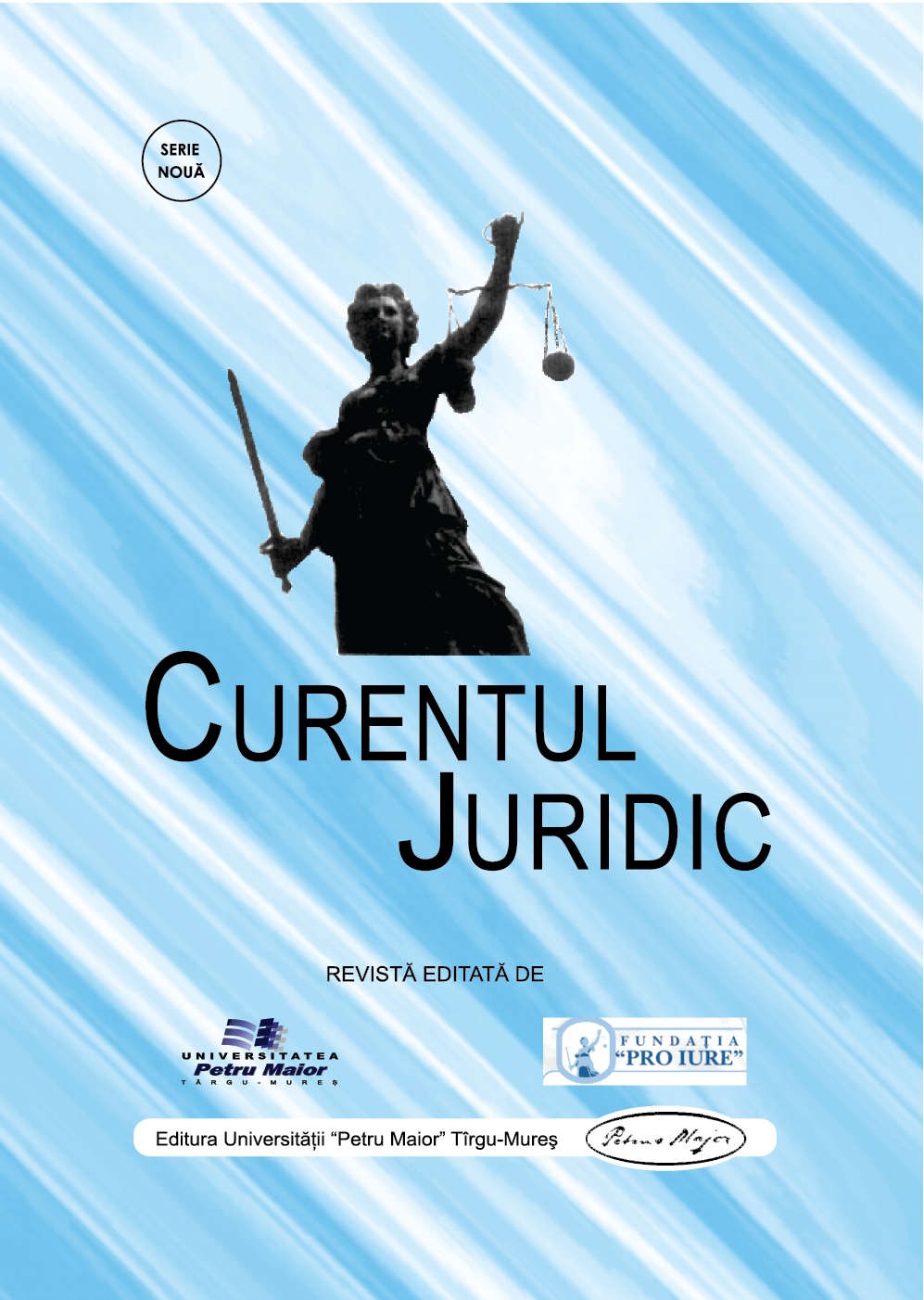IRREGULARITIES OF EU COHESION FUNDS: THE HUNGARIAN PERSPECTIVE
IRREGULARITIES OF EU COHESION FUNDS: THE HUNGARIAN PERSPECTIVE
Author(s): András Torma, Szabo SzandraSubject(s): Law, Constitution, Jurisprudence, Constitutional Law, EU-Legislation, Administrative Law
Published by: Editura University Press, Universitatea de Medicina, Farmacie, Stiinte si Tehnologie “George Emil Palade” din Targu Mures
Keywords: EU cohesion funds; irregularity procedure; funding contract; funding legal relationship, financial supporter and beneficiary;
Summary/Abstract: In practice, during the actual use of EU cohesion funds – not only in Hungary, but also in all EU member states – unlawful acts, omissions and acts contrary to the funding contract are usually taken. There are several forms and reasons of breaching a funding rule, which can be committed not only by a beneficiary, but also by the financial supporter. Such breaches and omissions are called irregularity, its examination and legal consequences are specified partly in EU law, partly in national law. In Hungarian law the irregularity procedure is such a special procedure that is governed by civil law and administrative law jointly, the border line is hard to define. Although the practical experiences show that irregularities are not always attributable to the beneficiaries, the problem has deeper roots. The institutional system and its operation, the legal rules – which all are established by the state – (may) play a great role in the commitment of irregularities. Serious legal questions are raised regarding the irregularity procedures however, the academic life deals less with it than it would be necessary. However, the easy understanding of the present complex regulation would be particularly relevant in practice, during the actual use of subsidies and when beneficiaries are exercising their rights. These made necessary the practical summary of the Hungarian experiences from the last 15 years with the purpose of drafting a guideline for preventing future irregularities. This is the topic of the present study
Journal: Curentul Juridic
- Issue Year: 85/2021
- Issue No: 2
- Page Range: 13-19
- Page Count: 7
- Language: English

